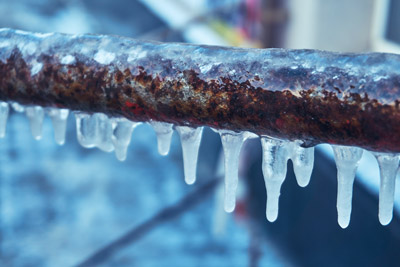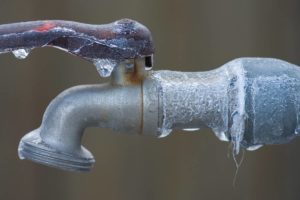 Once you’ve got your fuzzy socks and a warm mug of cocoa, you’re all ready for winter – right? Well, though these things are definitely essentials, you might be missing a couple of important steps. Before you bundle up for the winter, it’s important to prepare your home – or more specifically, your plumbing system – for the cold weather.
Once you’ve got your fuzzy socks and a warm mug of cocoa, you’re all ready for winter – right? Well, though these things are definitely essentials, you might be missing a couple of important steps. Before you bundle up for the winter, it’s important to prepare your home – or more specifically, your plumbing system – for the cold weather.
Your plumbing system is particularly susceptible to breaking in freezing temperatures, and damages could be quite expensive to repair. Experts estimate that a single burst pipe costs about $5,000 in damages (eek!). To ensure your home is protected from the cold weather, it’s important to know about the common winter plumbing issues and how to prevent them:
1. Burst Pipes
When water freezes inside of a pipe, it expands and causes an increase in pressure that could cause the pipe to break. That’s why burst pipes are such a common problem in winter, and why it’s crucial to protect your plumbing system as temperatures drop. To avoid a burst pipe, you can insulate exposed pipes with heating tape or other pipe insulation. If you aren’t sure how to properly insulate your pipes, an expert may be able to help.
2. Clogged Drains
Clogged drains are a common plumbing issue that can happen during any season. However, winter holidays often mean more cooking and more guests. The combination of increased usage and possible substances – like oil or fat – going down the drain could cause a tough clog. To prevent a backup this winter, try to keep things like coffee grounds, eggshells, and grease from going down the drain.
3. Water Heater Failure
When cold temperatures hit, your water heater has to work much harder to bring you the same amount of warm water – especially if you have guests who are increasing your water usage. The extra strain on your water heater could increase wear and tear while amplifying any problems with your unit. To ensure your water heater is prepared for winter, we recommend draining your tank and scheduling a professional inspection.
4. Frozen Septic Tanks
Septic systems are particularly susceptible to the cold. If your tank freezes over, it could prevent bacteria from treating the sewage, which may cause your tank to overflow or leak raw sewage. That is why it’s critical to winterize your septic tank before winter is in full swing. You can do so by insulating exposed pipes, regularly using hot water, and keeping the drain field clear of any traffic. If it has been 2 or more years since you last pumped your tank, you may also want to do so before winter to avoid backups. To ensure your septic system is totally protected from the cold, you could also contact an expert for personalized recommendations.
5. Leaks and Drips
Leaks and drips are common plumbing problems year-round, but they are more common in the winter. Cold temperatures often cause old or weakened pipes to freeze over and develop more leaks, which are often more challenging to fix in winter weather. To prevent more leaks and drips in the winter, we recommend scheduling a professional inspection to fix any weakened pipes before cold weather sets in.
Plumbing Winterization in Portland OR
Winterizing your plumbing system is an important part of protecting your home from the damage that freezing temperatures can cause. A little bit of preparation and maintenance could save you a lot of time, money, and stress.
If you want to ensure your plumbing system is completely protected from the cold, call a licensed plumber like those at D&F Plumbing, Heating and Cooling to get personalized recommendations. Our skilled technicians have been proudly serving the greater Portland OR area for nearly 100 years, and we can use our expertise to help keep your home safe all winter long. If you want help winterizing your plumbing, call the experts at D&F Plumbing, Heating and Cooling today!

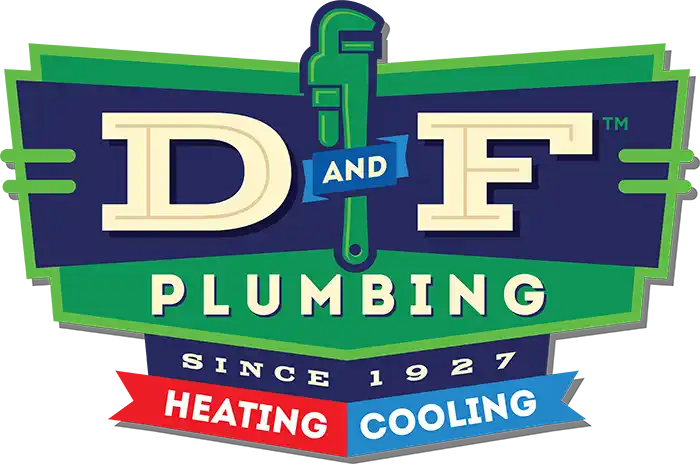
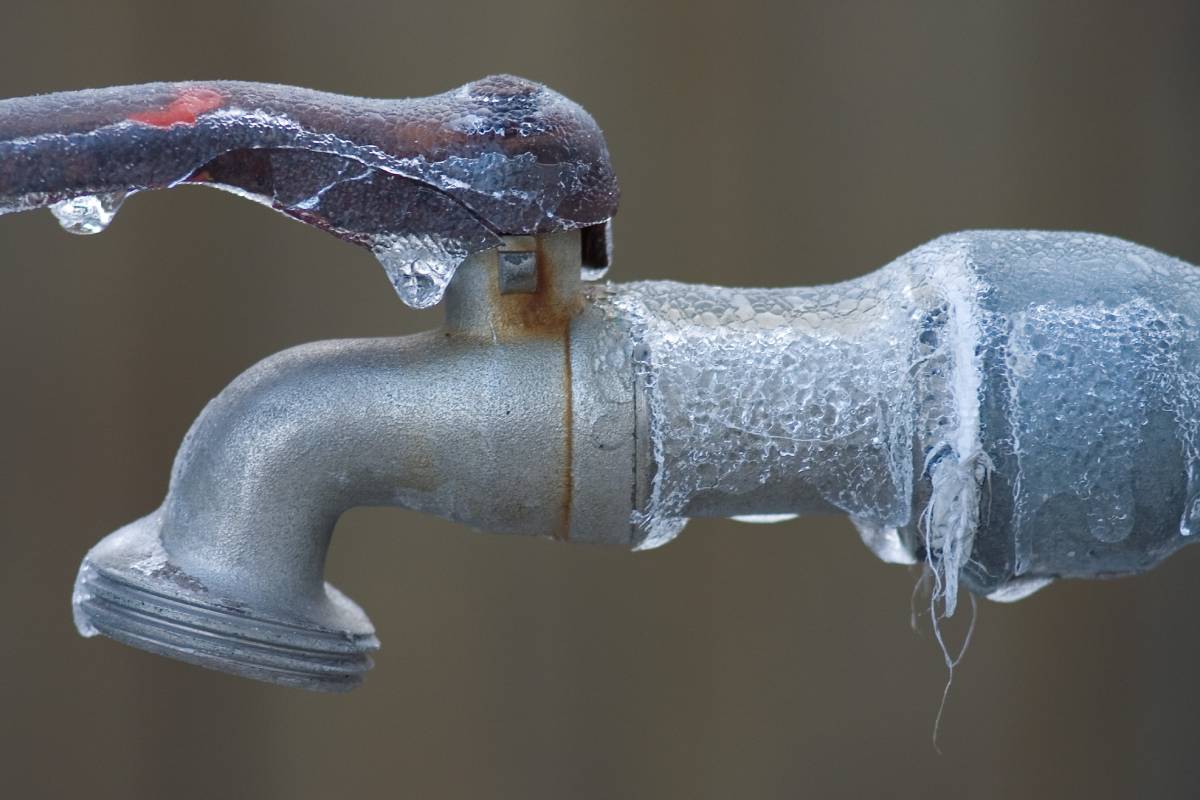
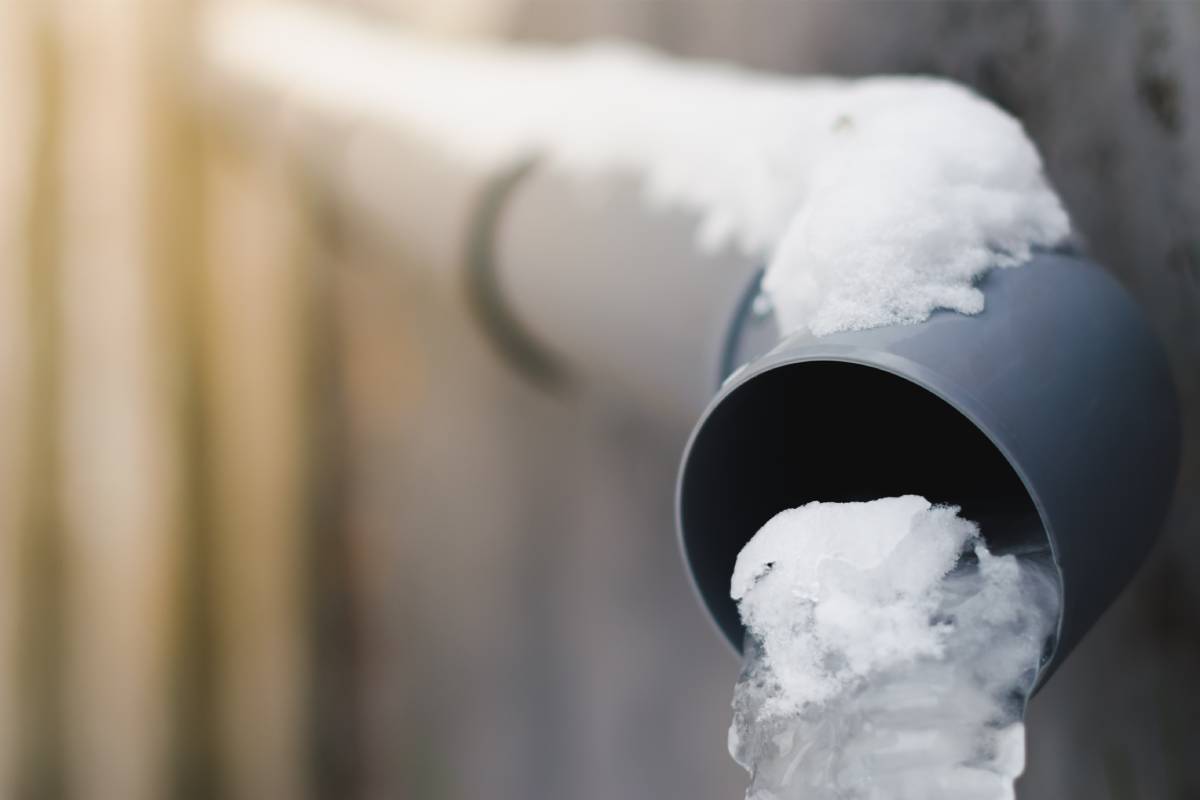
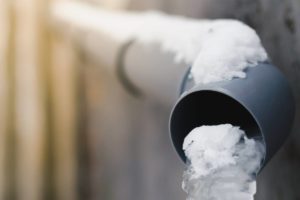 A frozen or burst pipe can really throw a wrench in your winter plans. The last thing you want is to be patching leaks over the holidays or redirecting a waterfall on New Year’s. But, as temperatures drop, your plumbing system could freeze or crack, leading to some serious and potentially costly problems.
A frozen or burst pipe can really throw a wrench in your winter plans. The last thing you want is to be patching leaks over the holidays or redirecting a waterfall on New Year’s. But, as temperatures drop, your plumbing system could freeze or crack, leading to some serious and potentially costly problems.